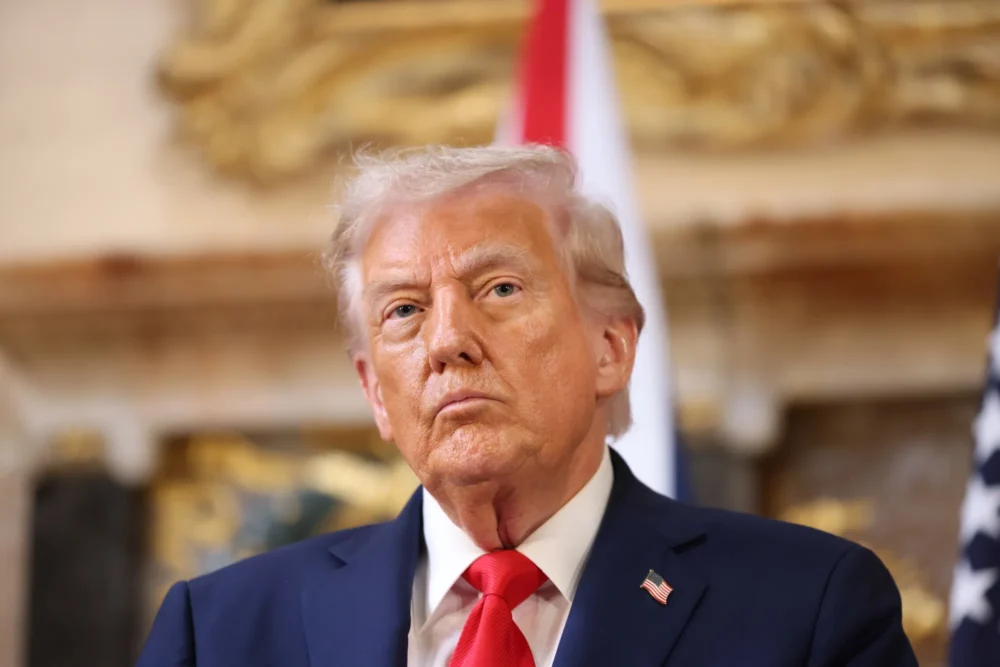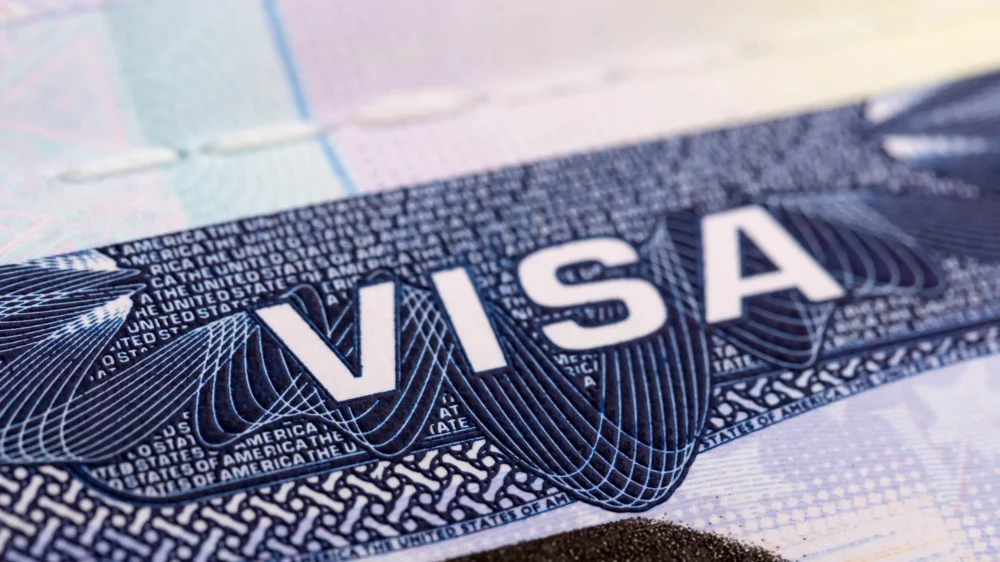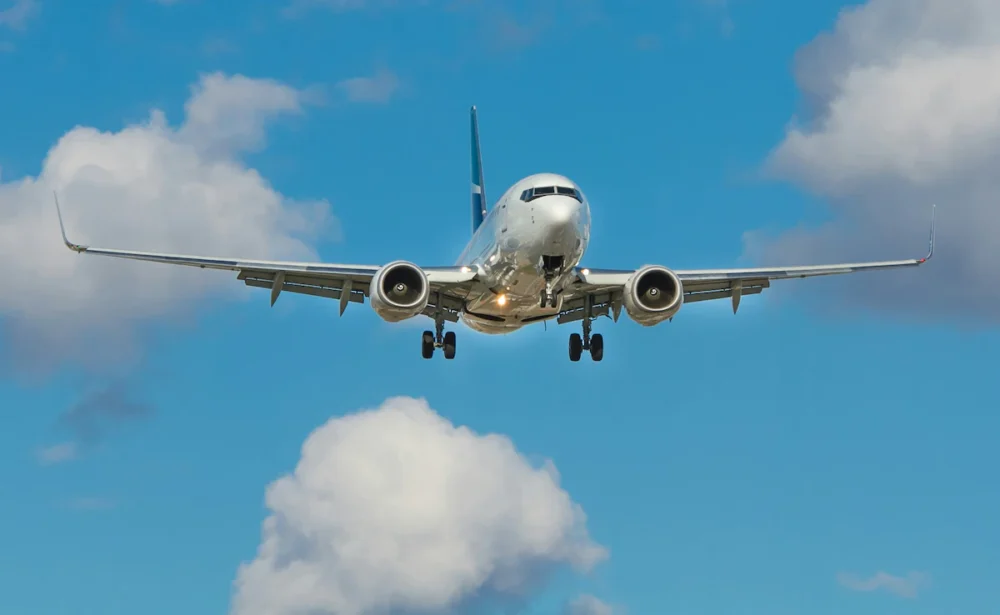President Donald Trump’s administration has introduced a new $100,000 fee for H-1B visa applications, a move that has sparked significant controversy and legal challenges. The fee, which applies to new skilled-worker visa applicants, is part of a broader strategy to reduce legal immigration and prioritize U.S.-born workers. Critics argue that the policy could harm the tech industry, particularly in regions like Silicon Valley that rely heavily on foreign talent.
California officials are considering legal action against the policy, with Attorney General Rob Bonta’s office investigating its legality. State leaders, including Governor Gavin Newsom, have denounced the fee as harmful and politically motivated. The White House maintains that the fee is intended to prioritize American workers and expand domestic opportunities.
Tech companies such as Amazon, Microsoft, and Meta have expressed concern over the policy’s potential impact, especially on smaller startups that may struggle to absorb the new costs. Industry leaders emphasize the importance of high-skilled immigration for innovation and competitiveness.
The introduction of the $100,000 fee has led to confusion and uncertainty among visa holders, with some fearing that the policy could disrupt their employment and residency status. The administration has attempted to clarify that the fee applies only to new applicants and not to current visa holders.
As the policy moves forward, its implications for the tech industry and the broader economy remain a subject of intense debate and scrutiny.















